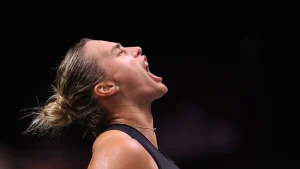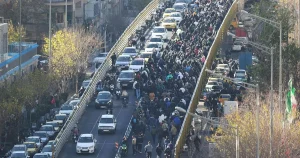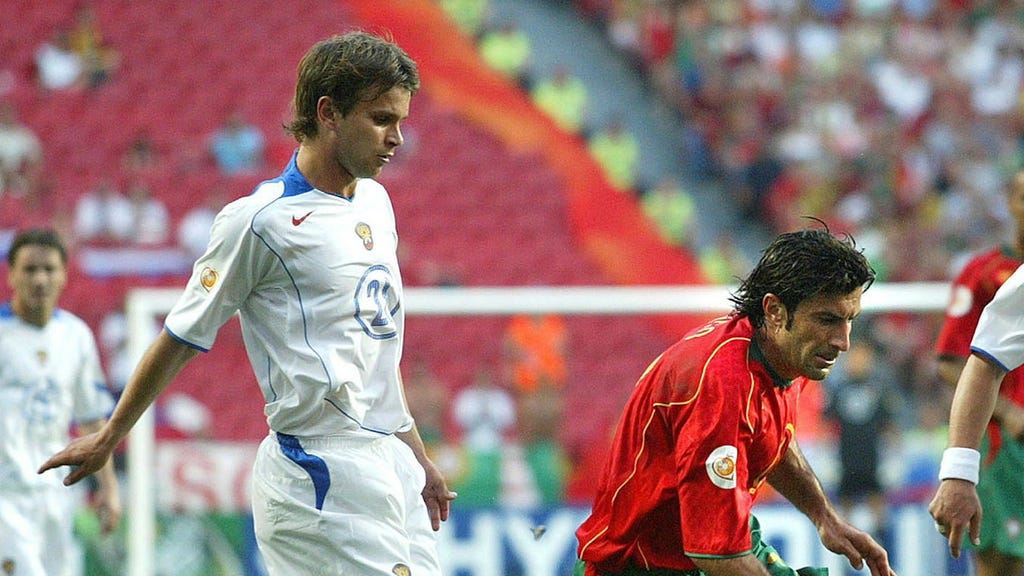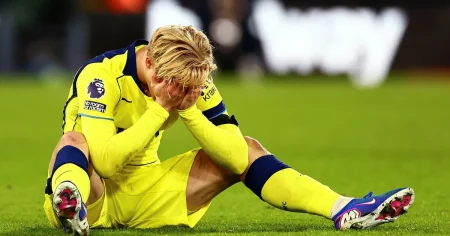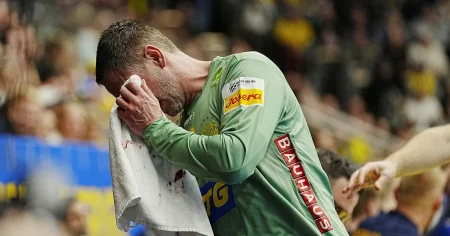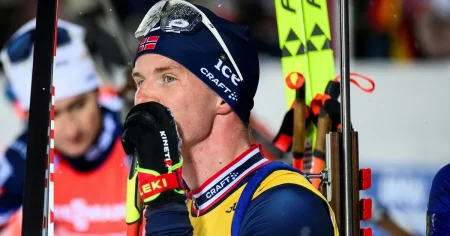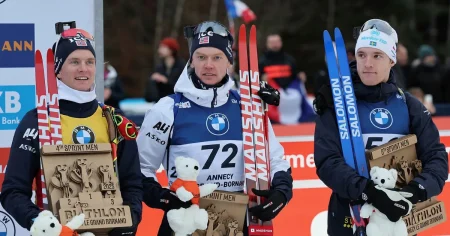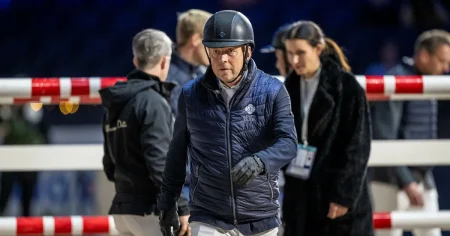From the Football Pitch to the Battlefield: The Tragic Demise of a Russian Athlete
Vyacheslav Bugaev, a former Russian national team football player, met a tragic end at the age of 43, adding another name to the grim roster of athletes whose lives were cut short by the ongoing conflict in Ukraine. Bugaev’s story, however, is not one of battlefield heroism, but rather a complex narrative marked by athletic achievement, legal troubles, and ultimately, a violent end in the midst of war. His journey from representing Russia on the football field to serving time in prison and finally, succumbing to the ravages of war, underscores the profound impact of conflict, not only on nations but also on the individual lives entangled within its web.
Bugaev’s career in football saw him rise through the ranks to represent his country seven times, including appearances in two matches during the 2004 UEFA European Championship. He solidified his position as a central defender, playing for prominent Russian clubs such as Lokomotiv Moscow, Torpedo Moscow, and Krasnodar. His athletic prowess and dedication to the sport propelled him to a level of national recognition, carving a place for himself in Russian football history. Yet, despite his achievements on the field, Bugaev’s life took a dramatic turn following his retirement from professional football in 2010. He was subsequently convicted of attempted drug smuggling, a transgression that led to a nine-and-a-half-year prison sentence and effectively ended his career in sports.
After serving his time, Bugaev was conscripted into the Russian military, a common practice for ex-convicts seeking a path to reintegration. This decision placed him directly in the path of the escalating conflict in Ukraine, a war that has claimed the lives of countless soldiers and civilians alike. The details surrounding Bugaev’s death remain shrouded in the fog of war, but his demise underscores the brutal reality of the conflict and the indiscriminate nature of its casualties. His story is a stark reminder that war does not discriminate between former national athletes and ordinary citizens; all are vulnerable to its devastating consequences.
Bugaev’s death also highlights the broader human cost of the conflict, particularly the devastating toll it has taken on athletes from both sides. He joins a growing list of athletes, predominantly Ukrainian, whose sporting ambitions and dreams were extinguished by the war. The International Olympic Committee and various sporting federations have documented the tragic loss of hundreds of Ukrainian athletes, including Olympic hopefuls and accomplished competitors. Their stories, like Bugaev’s, serve as poignant reminders of the human tragedy unfolding in Ukraine, where the pursuit of sporting excellence has been tragically replaced by the struggle for survival.
The war in Ukraine has not only disrupted the lives of athletes but has also brought the sporting world face-to-face with complex ethical and political dilemmas. The international community has grappled with the question of Russian and Belarusian athletes’ participation in international competitions, leading to heated debates and calls for boycotts. The conflict has exposed the deep intertwining of sports and politics, highlighting the difficulty of separating athletic competition from the geopolitical realities that shape the world. The case of Vyacheslav Bugaev adds another layer to this complex issue, underscoring the multifaceted impact of war on individual lives and the broader sporting landscape.
In conclusion, the story of Vyacheslav Bugaev serves as a cautionary tale, illustrating the unpredictable trajectory of life and the destructive power of conflict. From national football player to convicted criminal and ultimately, a casualty of war, Bugaev’s life reflects the turbulent times in which he lived. His tragic demise, alongside the countless other athletes who have perished in the conflict, stands as a stark indictment of the human cost of war and a somber reminder of the fragility of peace. The ongoing conflict continues to cast a long shadow over the sporting world, raising profound questions about the role of sports in times of war and the responsibility of the international community to protect the lives and dreams of athletes caught in the crossfire.



